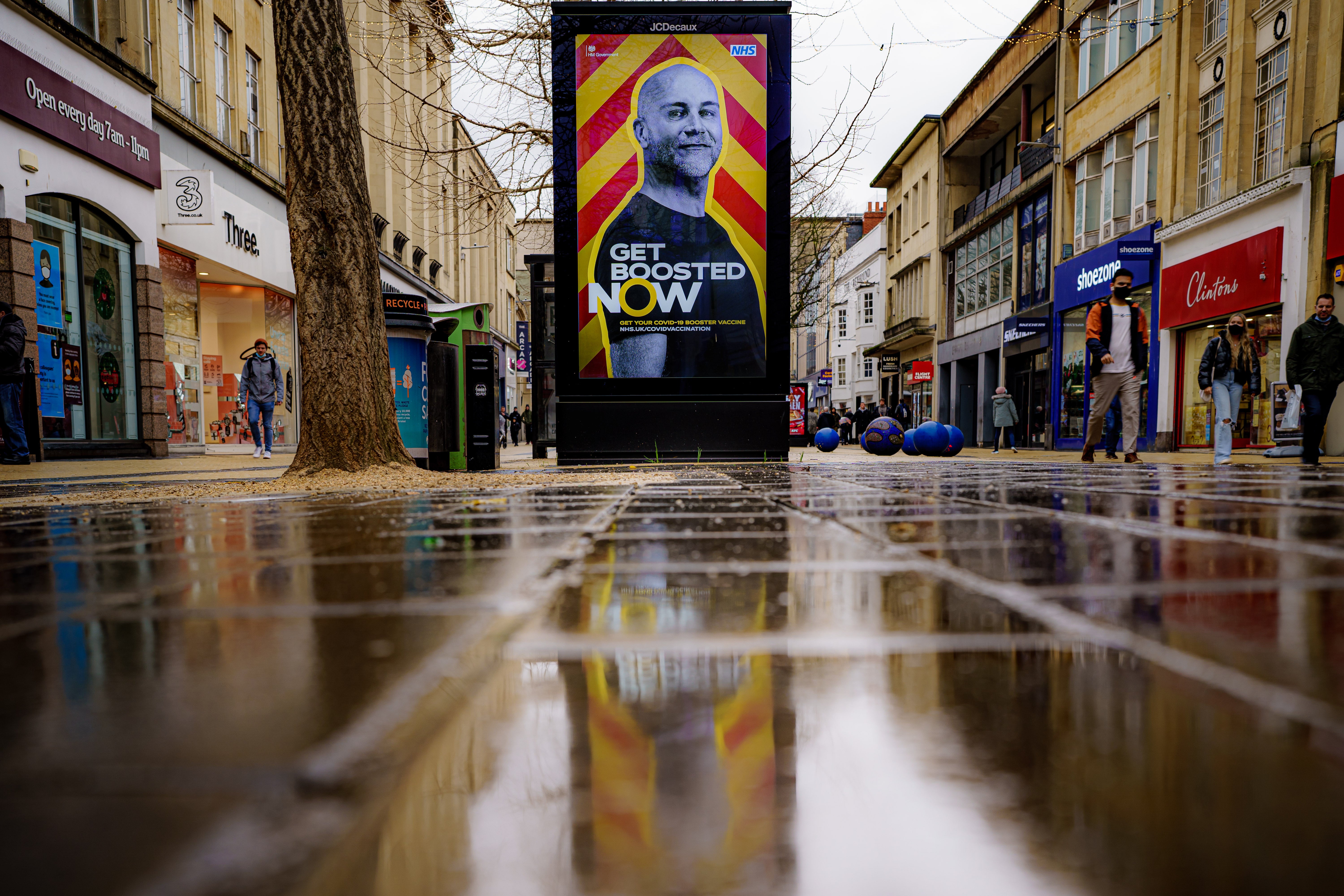Leisure boom and flexible landlords boost future of UK high streets
Around 14.5% of high streets store locations remained empty during the latest quarter, and shopping centres were noticeably worse.

Demand for property outside traditional retail and pragmatic landlords have given “renewed optimism” for some high streets and shopping districts despite the toll of the pandemic, according to industry experts.
The pressure from lockdown measures, after a steady decline in recent years, saw vacancy rates across shopping destinations hit record levels in the second quarter of 2021.
The tide has not completely turned but rates levelled out in the third quarter as industry experts highlighted recovering demand.
Around 14.5% of high streets store locations remained empty during the quarter, and shopping centres were worse at 19.4%.
The collapse of major brands such as Debenhams and Topshop owner Arcadia at the end of 2020 helped increase the number of empty sites.
These collapses and restructurings have placed increased pressure on landlords, many of whom have had to become more flexible or offer stronger rates to entice growing and appealing brands.
Richard Lim, chief executive of Retail Economics, told the PA news agency that potential tenants are “getting the best terms they will have seen for many years”.
“You can’t help but see renewed optimism when strong retailers are getting plenty of opportunities and landlords are working really hard to ensure their proposition is really relevant,” he said.
“There has been a shift in power away from landlords somewhat back towards the retailers and hospitality.
“It feels like there has also been some reflection during the pandemic which should have a really positive outcome for consumers.”
However, Mr Lim highlighted that the picture “varies notably” between types of locations.
He said: “It is important to highlight that obviously not everywhere has been impacted by the pandemic in the same way.
“The trend of people shopping nearer in suburban high streets around London and other big cities has definitely continued, as has the pull of big flagship shopping centres, like Birmingham Bullring, compared with smaller ones.”
David Fox, co-head of Colliers International’s retail agency, said demand is still strong from the best retailers but demand from other sectors has helped landlords find operators for some potentially tricky sites.
He said: “Your best Topshop stores have already been snapped up because Zara, Primark Next, River Island and others are all still looking for opportunities.
“But these businesses are now also in a position to be quite picky as vacancy levels are higher and that can leave landlords in challenging positions with other sites.
“You are definitely seeing work take place to better utilise former department stores, for example, because there are challenges in finding one tenant who could come in and just replace Debenhams or someone like that.”
He added that some leisure firms have taken on former department store sites, completely repurposing them, such as the former Debenhams store in Wandsworth, south London, which was reopened with a go-kart track, indoor bowling and a trampoline park by Gravity.
Hugh Knowles, managing director of indoor mini-golf operator Puttshack UK, told PA the “increased availability” of larger units in attractive locations has helped the growth of the leisure sector.
The company opened a site in Watford’s Atria shopping centre earlier this month as it sought to boost its leisure offering.
“Finding ‘large box’ space traditionally hasn’t been easy in prior years,” he said. “But the increased availability more recently has amplified innovation and as a result we’ve seen an increase in social entertainment business and something we embrace.
“Social entertainment has and continues to go through a huge growth curve with some really great experiences on offer.
“It’s important to stay ahead of the game and not only meet customer expectations but exceed them.
“There are a number of great concepts available for consumers so customers’ expectations will naturally rise, so it’s great that retail and leisure can share spaces in well thought out, designed schemes with consideration to many factors including customer flow through to opening hours.”
Bookmark popover
Removed from bookmarks